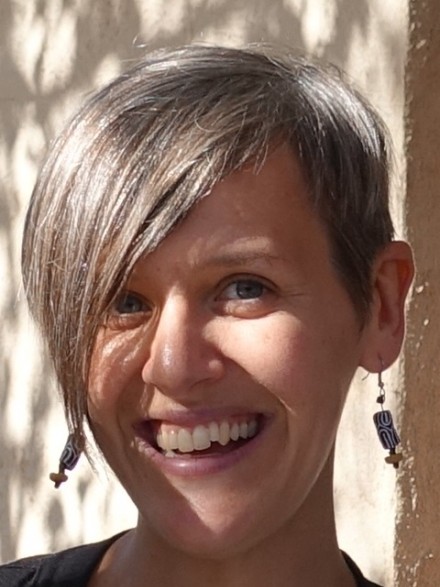Dr Hedda Ransan-Cooper

Contacts
Contact email:hedda.ransan-cooper@anu.edu.au
Contact phone:0406 600 188
Location:College of Engineering and Computer Science
Research Fellow
Hedda Ransan-Cooper is a researcher interested in the intersections between everyday life and global processes of change as they relate to sustainability problems and governance. Dr Ransan-Cooper is also passionate about the practice of doing transdiciplinary research for solving policy challenges. She has conducted research on environmental migration in the Philippines and the politics of coal seam gas in regional Australia. Her current role at CECS combines a range of research interests as researcher and project coordinator for the CONSORT project - an ARENA funded trial of renewable technology on Bruny Island, Tasmania. In this role, she is seeking to understand how people relate to a package of technology involving distributed, smart grid solar and battery resources. In her role as project coordinate, she is facilitating interdiciplinary and research-practioner linkages for improved research outcomes. She has published her research in Environmental Sociology, Global Environmental Change and Safety Science.
Research interests
Environmental sociology
Sociology of risk
Energy transitions
Environmental/climate change migration
Transdisciplinary research
Social movements
Groups
- Researcher, Smart grid
- Researcher, Energy economics and policy
- Researcher, Risk, vulnerability and resilience
- Researcher, Law, governance and institutions
Maslen, S., & Ransan-Cooper, H. (2017). Safety framing and compliance in relation to standards: Experience from the Australian gas pipeline industry. Safety Science, 94, 52–60.
Ransan-Cooper H (2016) The role of human agency in environmental change and mobility: A case study of environmental migration in Southeast Philippines. Environmental Sociology.
Ransan-Cooper H, Farbotko C, McNamara K, Thornton F, Chevalier E (2015) Beings framed: The means and ends of framing environmental migrants. Global Environmental Change 35: 106-115.
Ransan-Cooper H, (2015) Negotiating Risk and Uncertainty: Internal Migration and Rural Villagers in Albay Province. Philippine Studies: Historical and Ethnographic Viewpoints 63(4).
Updated: 27 March 2025/Responsible Officer: College of Science/Page Contact: https://iceds.anu.edu.au/contact







